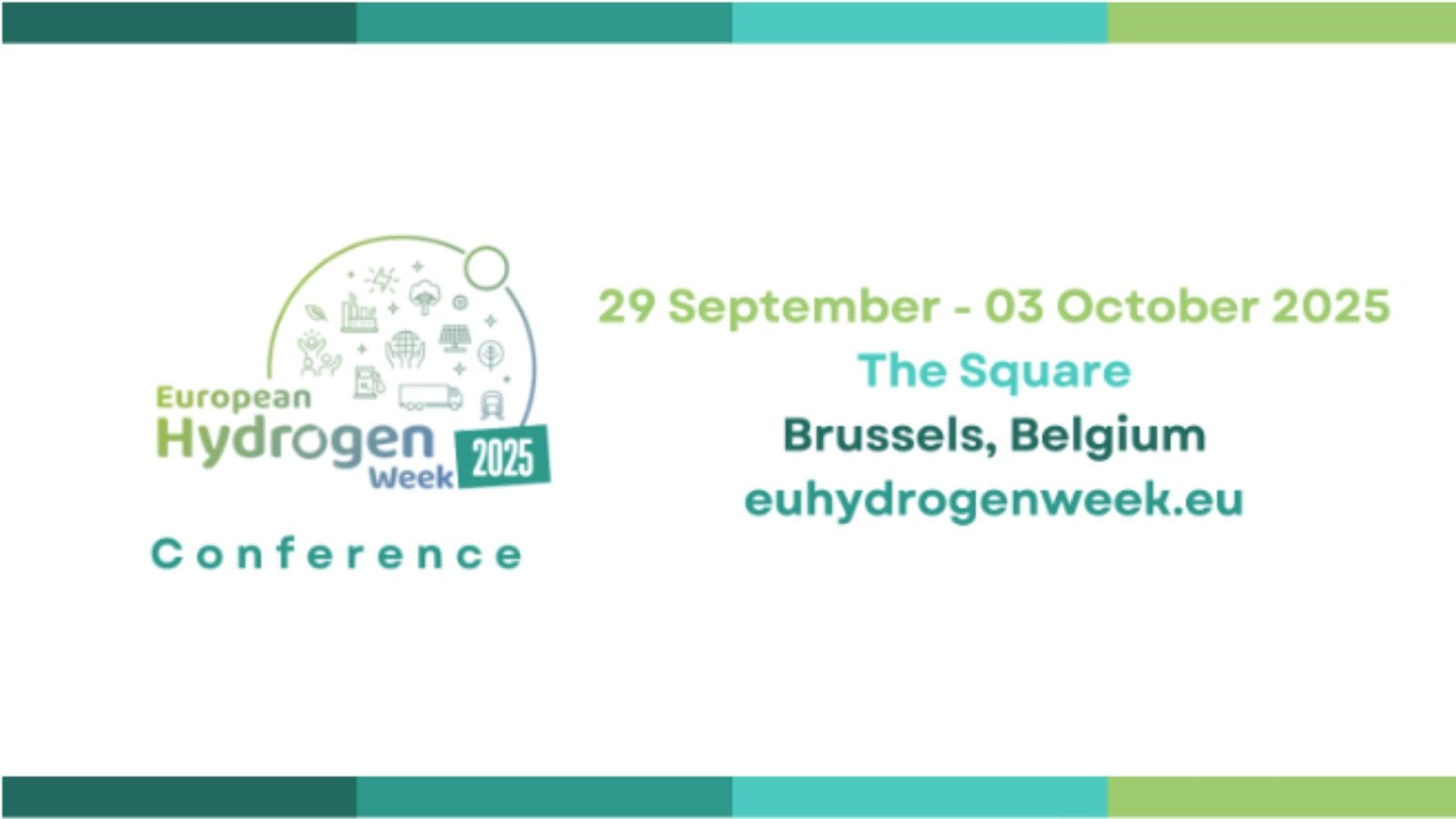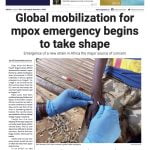9/11. Those numbers need no explanation 20 years after that particular date – a Tuesday in 2001 – became one of the main turning points of recent human history. For Americans, it marked the end of more than a decade of feel-good supremacy following their victory in the Cold War and the ultimate demise of the Soviet Union. It began an era of poorly calculated American foreign policy missteps that further destabilized an already volatile Middle East and ushered in an era of fear-mongering, jingoism and cheap patriotism that ultimately can be linked to the rise of demagoguery and anti-establishment figures in Western societies years later.
None of the more than 3,000 people who perished on September 11, 2001, could have predicted that their deaths would be the first act in an agonizing, two-decade-long response to what the 19 Islamist hijackers, all of whom were from various Arab nations, accomplished on that day.
Retaliation against Al Qaeda – which was then, and is, to this day, fully justifiable – was so poorly planned by the George W. Bush administration that the lasting legacy of those short order military and political goals continue to reverberate across the Middle East, Central Asia and Anywhereville, USA to this very day.
The United States, in its zeal to avenge such a despicable attack on its own soil, hoped to frame 9/11 as the second Pearl Harbor. But the fact is that neither Al Qaeda nor the Taliban was ever the Imperial Japanese Navy of 1941 or the German Wehrmacht after their victories over France a year earlier. Arab terrorists hiding in caves and mud huts in Afghanistan and sheltered by half-literate religious fanatics with old Soviet-made RGPs were not the type of enemies who could successfully carry out an attack on a great power like the US.
The reality, as the world sadly had to learn, was quite the opposite. Terrorists, given enough time, planning, and luck can do horrible things. But what the American people – and far too many of their policymakers – missed, was that 9/11 was a one-off. It was not Pearl Habor. More importantly, the expected response could not and should not have been that a Normandy-style landing would ever occur anywhere in the world, so long as the target was Islamic terrorism.
Had the American people and the White House administration at the time taken a moment to assess the wider picture in the Middle East, including the already existing tensions between the region’s rival governments and religious groups, the missed opportunities in Afghanistan – including the chance to kill Osama bin Laden and his Al Qaeda terrorists in November 2001, wouldn’t have been followed by the folly of Iraq – a war that was entirely unnecessary and should never have been linked to 9/11.
Many of those who helped shaped the post-9/11 have noticeably tempered their zeal for the policies that they vigorously endorsed 20 years ago, including the concept of preventive invasion and nation-building. Each and every one of them is entitled to hindsight. Everyone should be. Furthermore, it would be incorrect to say that the entirety of the last two decades has been a failure. The empowerment and education of generations of Afghan women is a major accomplishment, regardless of who’s in power in Afghanistan. Most importantly, Bin Laden is dead. It took far longer to kill him than anyone expected, but he and his version of Al Qaeda were long ago destroyed. Despite all of its problems, Iraq has had multiple internationally recognized – and fairly democratic – elections since the Americans handed governing authority back to the Iraqis in 2004. There are very few countries in the Muslim world that can make that claim.
All of these are positives in the wider context of things, though it would be difficult for anyone to make the argument that the majority of the victims of 9/11 were concerned with grandiose foreign policy matters like regime change and a more democratic Muslim world.
As the world enters into the next 20 years of the post-9/11 global order, the hope now has to be that the American public has learned from demanding a Hollywood-style Saving Private Ryan moment from its military at every turn of international events. Instead, Americans, on the whole, must consider that so many of the last two generations of their young men and women will have to deal with being their own versions of Deer Hunter-like characters – scarred returnees from wars that had no purpose and, ultimately, only tragic ends.








